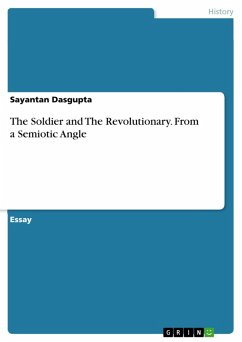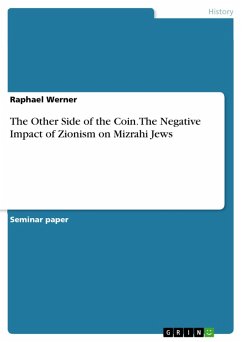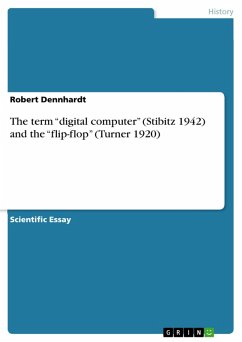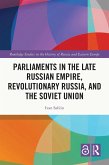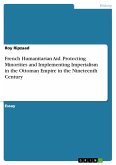Essay from the year 2017 in the subject History - Miscellaneous, University of Calcutta (Indian Statistical Institute), course: Masters, language: English, abstract: This essay is about using a semiotic angle to evaluate the existence and activities of a soldier and a revolutionary in a stratified manner. The most common definitional difference between a soldier and a revolutionary is that a soldier is a person who serves in an army and obeys orders given to him by a government, and a revolutionary is someone who is involved in causing a complete or dramatic change in a society, country or in the international sphere. My concern, here, is the projection of a soldier who is a part of a national government and a revolutionary in both national and international sphere. The word 'soldier' is used, almost unanimously, in a positive sense. But the word 'revolutionary' is used in both positive and negative sense. The reason is, a soldier is always on the government's side, whereas a revolutionary stands against the government. I am not here taking into account the notion of 'government-in-exile' as I am, here, dealing with a country's electorally elected government, and a government-in-exile is also a revolutionary government or organization and it stands on the opposite side of an electorally elected government.
Dieser Download kann aus rechtlichen Gründen nur mit Rechnungsadresse in A, B, BG, CY, CZ, D, DK, EW, E, FIN, F, GR, HR, H, IRL, I, LT, L, LR, M, NL, PL, P, R, S, SLO, SK ausgeliefert werden.

